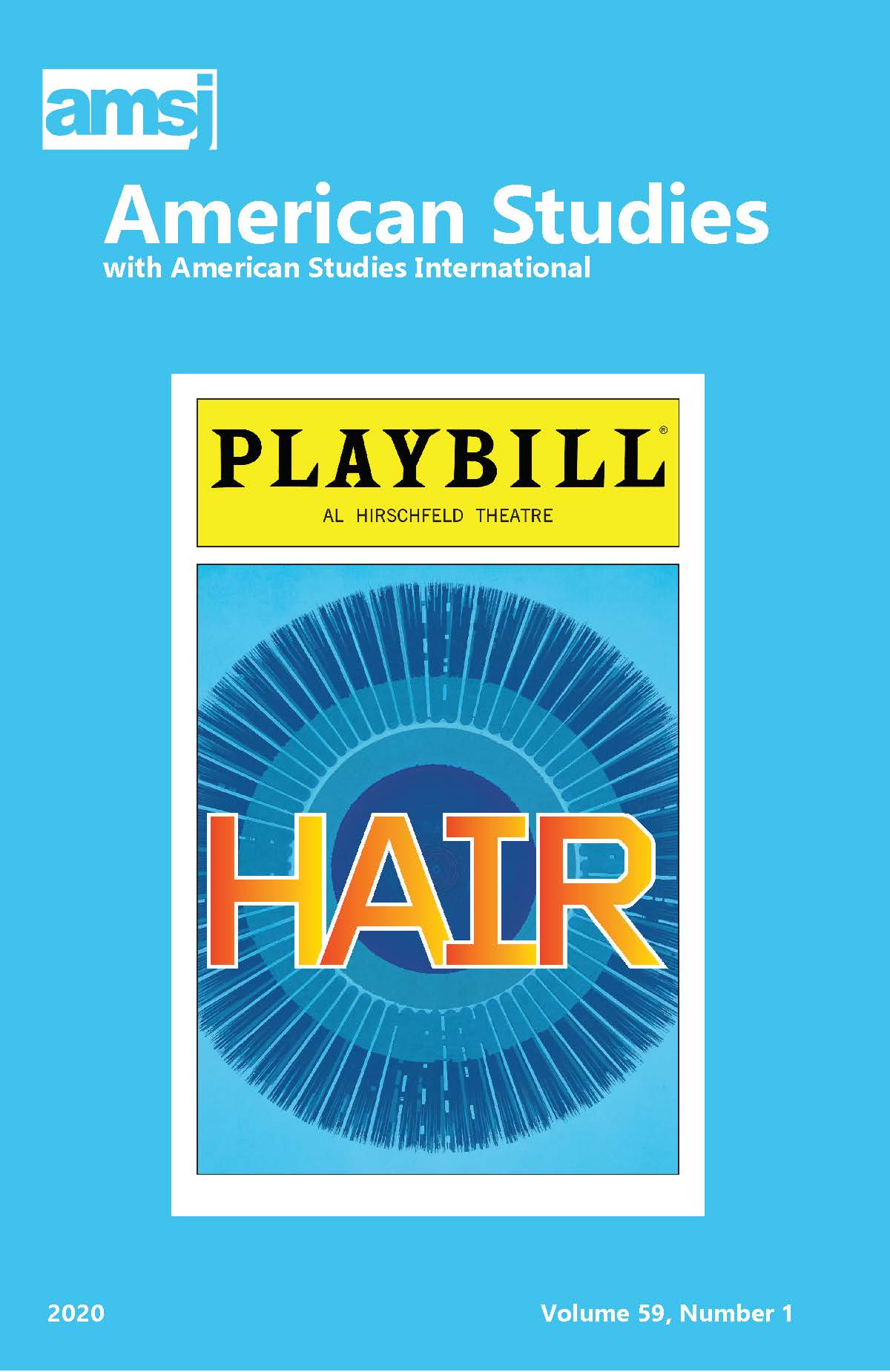Abstract
This article explores the articulations of suffering, temporality, whiteness, and race in what James Baldwin identified as a “weird nostalgia:” a white temporal imaginary that “dream[s] of a vanishing state of security and order.” Through a comparative analysis of the figures of poor whites in Erskine Caldwell’s and Margaret Bourke-White’s (1975) You Have Seen Their Faces (Faces) and James Agee’s and Walker Evans’s (2001) Let Us Now Praise Famous Men (Famous Men), I argue they function as narrative tropes of white death to render suffering as a transcendent event that intimates a redemptive future and a return to pastoral origins. However, white death is undermined by whiteness’s contradictory relation to embodiment. As a result, Face’s and Famous Men’s lapsarian drama of white death relies upon the spectacle of black suffering to provide both the necessary enfleshment of white death and the libidinal charge for its emancipatory dream of redemption. Thus, blackness forms the internal contradiction of whiteness’s weird nostalgia, exposing what makes it truly weird—its paradoxical refusal to attend to suffering while simultaneously addressing it. To address suffering, one must move away from the drama of white death to examine the seeming permanence of black suffering. Even though Faces and Famous Men are not such a project, they are cultural sites from which to glean whiteness as an “undesirable historical form to which suffering, and action, have been relegated” both past and present.
All items © Mid-America American Studies Association
Authors: If you prefer to remove your text(s) from this database please contact the editor.

